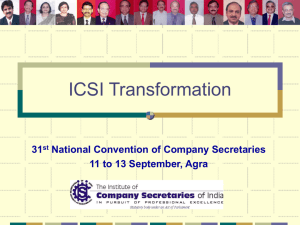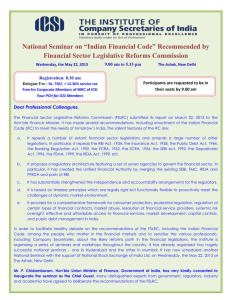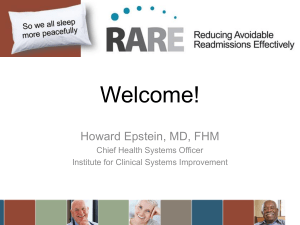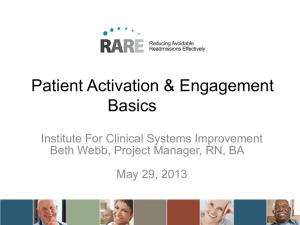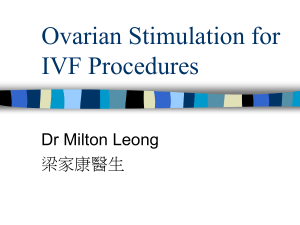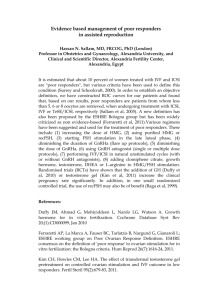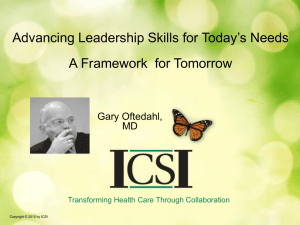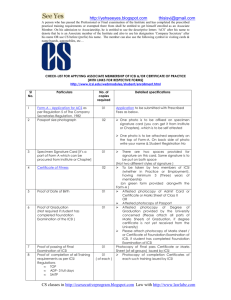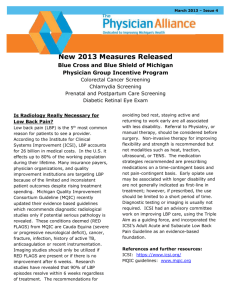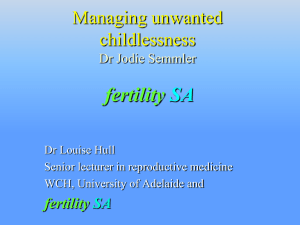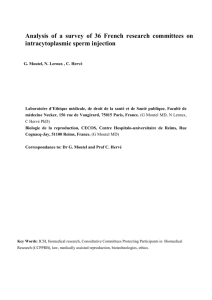Patient information – ICSI
advertisement
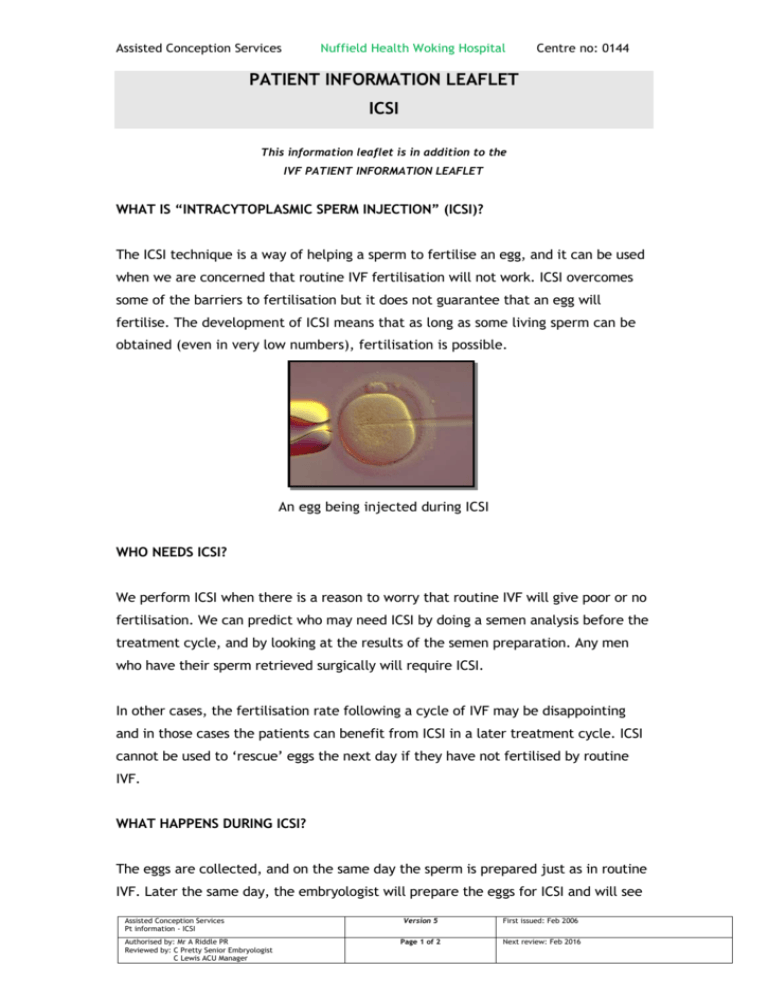
Assisted Conception Services Nuffield Health Woking Hospital Centre no: 0144 PATIENT INFORMATION LEAFLET ICSI This information leaflet is in addition to the IVF PATIENT INFORMATION LEAFLET WHAT IS “INTRACYTOPLASMIC SPERM INJECTION” (ICSI)? The ICSI technique is a way of helping a sperm to fertilise an egg, and it can be used when we are concerned that routine IVF fertilisation will not work. ICSI overcomes some of the barriers to fertilisation but it does not guarantee that an egg will fertilise. The development of ICSI means that as long as some living sperm can be obtained (even in very low numbers), fertilisation is possible. An egg being injected during ICSI WHO NEEDS ICSI? We perform ICSI when there is a reason to worry that routine IVF will give poor or no fertilisation. We can predict who may need ICSI by doing a semen analysis before the treatment cycle, and by looking at the results of the semen preparation. Any men who have their sperm retrieved surgically will require ICSI. In other cases, the fertilisation rate following a cycle of IVF may be disappointing and in those cases the patients can benefit from ICSI in a later treatment cycle. ICSI cannot be used to ‘rescue’ eggs the next day if they have not fertilised by routine IVF. WHAT HAPPENS DURING ICSI? The eggs are collected, and on the same day the sperm is prepared just as in routine IVF. Later the same day, the embryologist will prepare the eggs for ICSI and will see Assisted Conception Services Pt information - ICSI Authorised by: Mr A Riddle PR Reviewed by: C Pretty Senior Embryologist C Lewis ACU Manager Version 5 First issued: Feb 2006 Page 1 of 2 Next review: Feb 2016 Assisted Conception Services Nuffield Health Woking Hospital Centre no: 0144 how many of them are mature. They will then select a single sperm to inject into each of the mature eggs. Only eggs which are mature can be used for ICSI. ARE THERE ANY RISKS TO THE EGGS DURING ICSI? The piercing of the egg during ICSI may lead to damage, and this will be seen either during or after the procedure. These eggs cannot be used in treatment. The rate at which eggs are lost in this way can vary, but in our unit this rate is approximately 3%. WHAT ARE THE RISKS ASSOCIATED WITH ICSI TREATMENT? ICSI has been performed in thousands of fertility clinics around the world, since it was first introduced in 1992. At the Victoria Wing, approximately half of our patients have ICSI, and the results are just as successful as IVF, with hundreds of healthy babies born. However the children born from ICSI are now only reaching their adulthood and of course we cannot know what may be found as these people reach maturity and have children of their own, or when they reach old age. Risks that may be associated with ICSI include certain genetic and developmental defects in a very small number of children born using this treatment. However, problems that have been linked with ICSI may have been caused by the underlying infertility, rather than the technique itself. There may be an increased risk of miscarriage because the technique uses sperm that would not otherwise have been able to fertilise an egg. A low sperm count caused by genetic problems could be passed on to a male child, so in some cases we recommend genetic tests before performing ICSI. Infertile men with low sperm count or no sperm in their ejaculate may be tested for cystic fibrosis genes and for chromosome abnormalities. You may want to discuss the full implications of taking these tests with your clinician or the clinic’s counsellor before going ahead. Assisted Conception Services Pt information - ICSI Authorised by: Mr A Riddle PR Reviewed by: C Pretty Senior Embryologist C Lewis ACU Manager Version 5 First issued: Feb 2006 Page 2 of 2 Next review: Feb 2016
